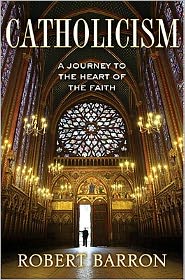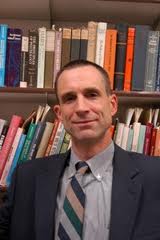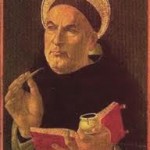Podcast: Play in new window | Download (4.6MB) | Embed
Subscribe: Apple Podcasts | Spotify | Amazon Music | Android | Pandora | iHeartRadio | JioSaavn | Podchaser | Gaana | Podcast Index | Email | TuneIn | Deezer | Anghami | RSS | More

From Dr. Anthony Lilles’ blog “Beginning to Pray”
There are times when prayer feels wasted. We cry out from the very depths of our being begging to be heard, sometimes in tears, sometimes in desperate plight, sometimes with an overwhelming sense of personal unworthiness. Sometimes, when some sign of Divine Providence is most sought, our voices echo in lifeless silence.
In these moments, those who doubted our faith or considered us hypocrites, they feel themselves vindicated – sometimes with glee, sometimes with hidden sorrow. Here, the seemingly unanswered prayer mysteriously resounds in their hearts too. Behind the derision one faces for having dared to believe, there is also a painful solidarity with the whole of humanity. For every prayer that seems unanswered reaffirms a sense of alienation, of rejection, of unbearable misery in the heart of every man and woman since Eden.
In the story of salvation, the most contemporary doubt in the Father’s love is just another manifestation of this primordial reality. Christian prayer does not avoid this common human condition – it boldly enters this poverty to fill it with something new. If it humbly accepts all forms of mockery before the mystery of unanswered prayer, it is to offer this too as a living sacrifice to the Living God.
For the Christian, the tired sorrow of unanswered prayer has been made open to an explosive beatitude. The Word of the Father made this painful cry His own when He implicated Himself in our sin. In this, the Suffering Servant found a way so that we would not have to suffer our plight alone – our wounds are healed by His.
His last wordless cry of abandonment revealed His life’s project: He dared to offer with love to the Father His every breathe and heartbeat from first to last so that every human hardship might be completely enveloped in divine mercy. Now, by faith, His project can become our project. Because His offering to the Father was perfect in love, the Savior of the world fills our dying weakness with the secret freshness of new life whenever we offer it to Him with even the tiniest effort of solidarity. When prayer seems unanswered, the One who cried to the Father for love of us from crib to Cross is allowing us an opportunity to share in the salvific work of His own prayer.
Like the myrrh, the tears and the kisses that once anointed the feet of Jesus, prayer wasted on God for our brothers and sisters, for spouse and children, and even for ourselves, always takes on cruciform proportions – dimensions that extend from one horizon to the other, from height to depth, from what is visible to what cannot be seen. If such prayer weeps over abandonment, disappointment, frustration, injustice, inadequacy, failure, voids and weakness – such prayer also boldly cleaves with gratitude to the invincible hope that none of this can separate us from that astounding love revealed by the Risen Lord.
Dr. Anthony Lilles is the author of “Hidden Mountain, Secret Garden”
Available at Amazon.com as an ebook (click here), a paperback edition (click here). You may also order a paperback edition at createspace.com.

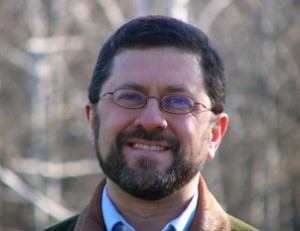
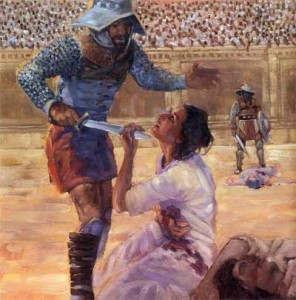 From
From 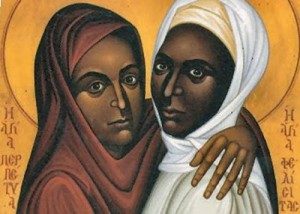

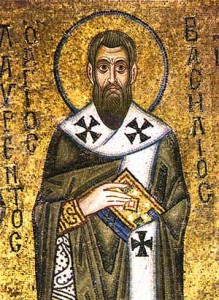
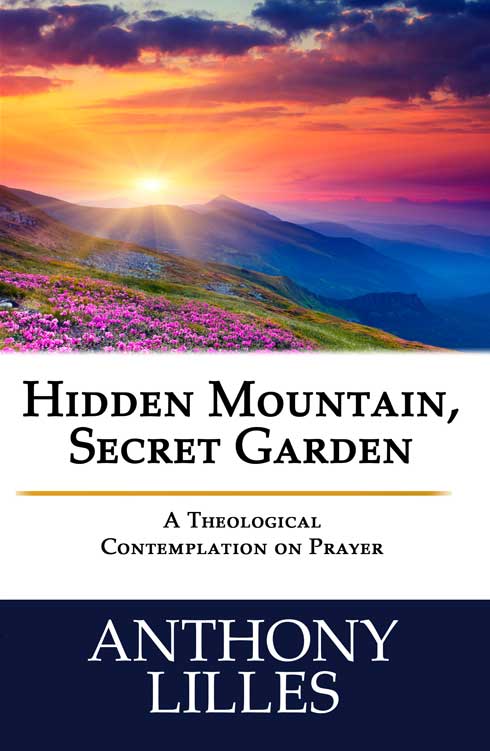
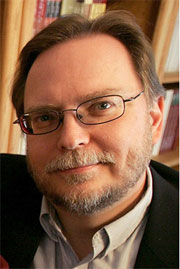
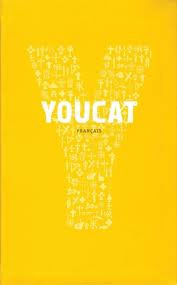
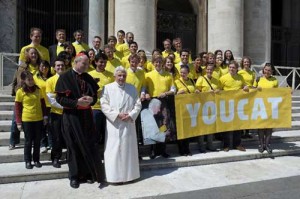
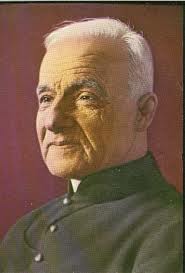
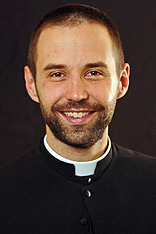
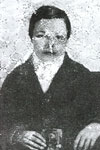
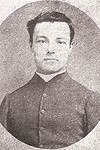
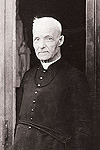
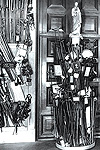
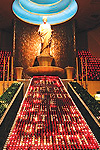
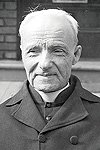
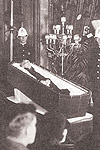
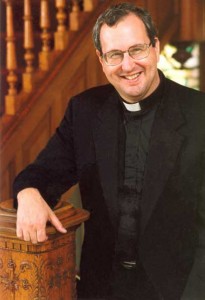
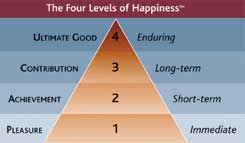
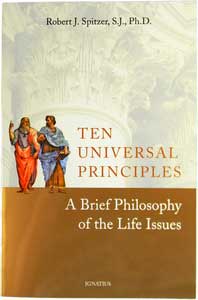
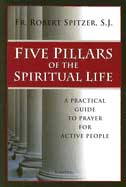
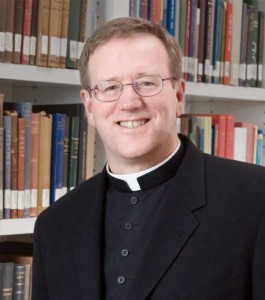 A beautiful exploration of the Roman Catholic faith and it’s gift to the world and to culture.
A beautiful exploration of the Roman Catholic faith and it’s gift to the world and to culture.